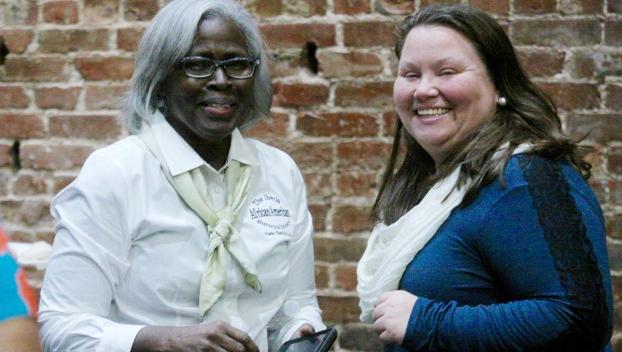
News
IAAHS to open research center
The Iberia African American Historical Society will be celebrating the opening of a long-awaited Iberia African American Historical ... Read more

The Iberia African American Historical Society will be celebrating the opening of a long-awaited Iberia African American Historical ... Read more